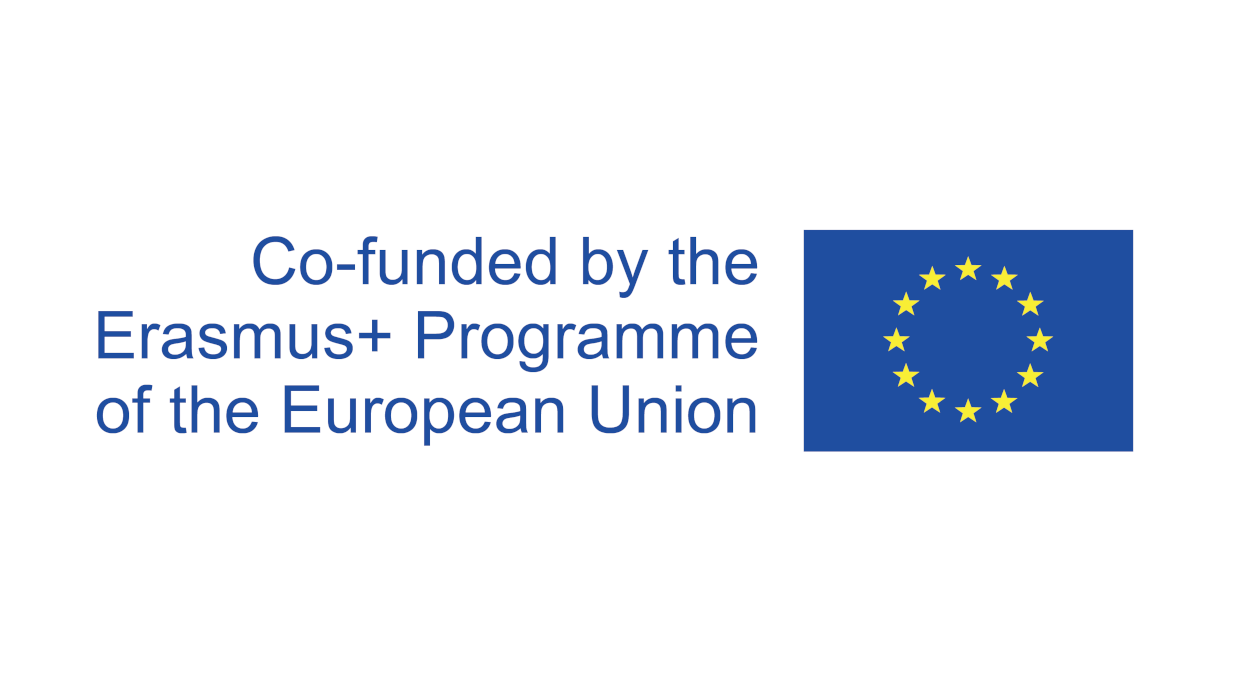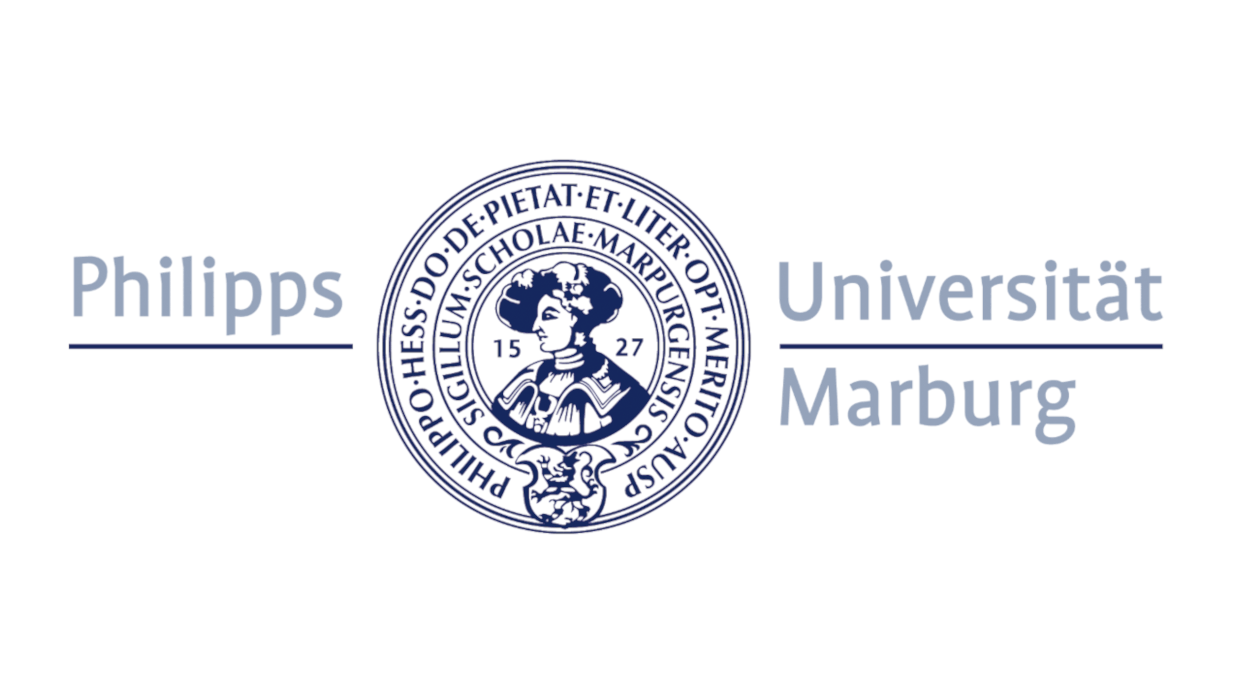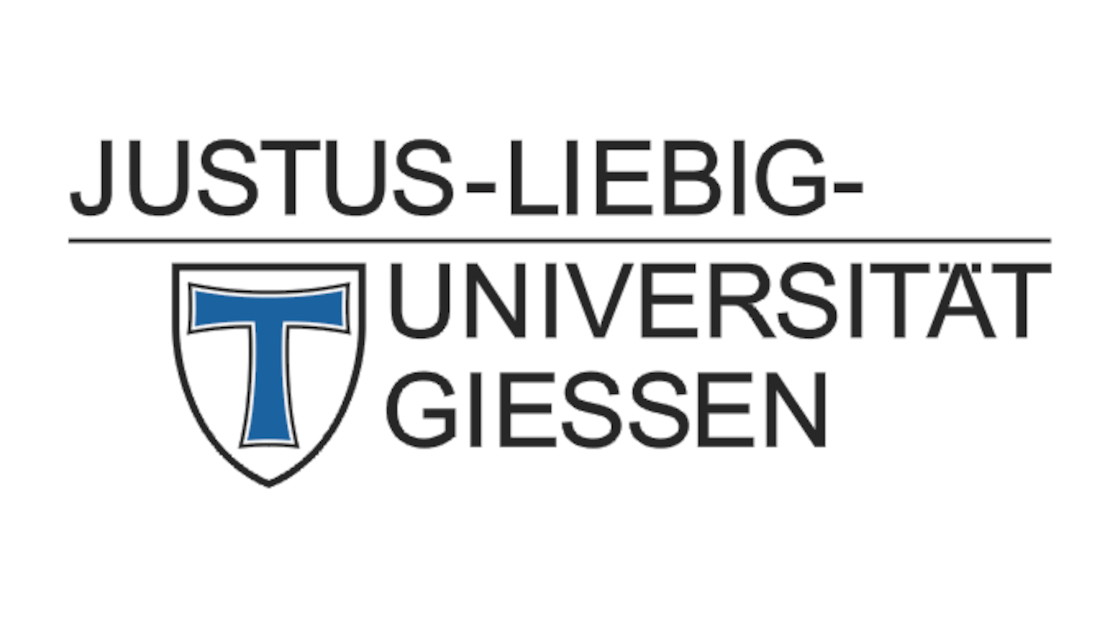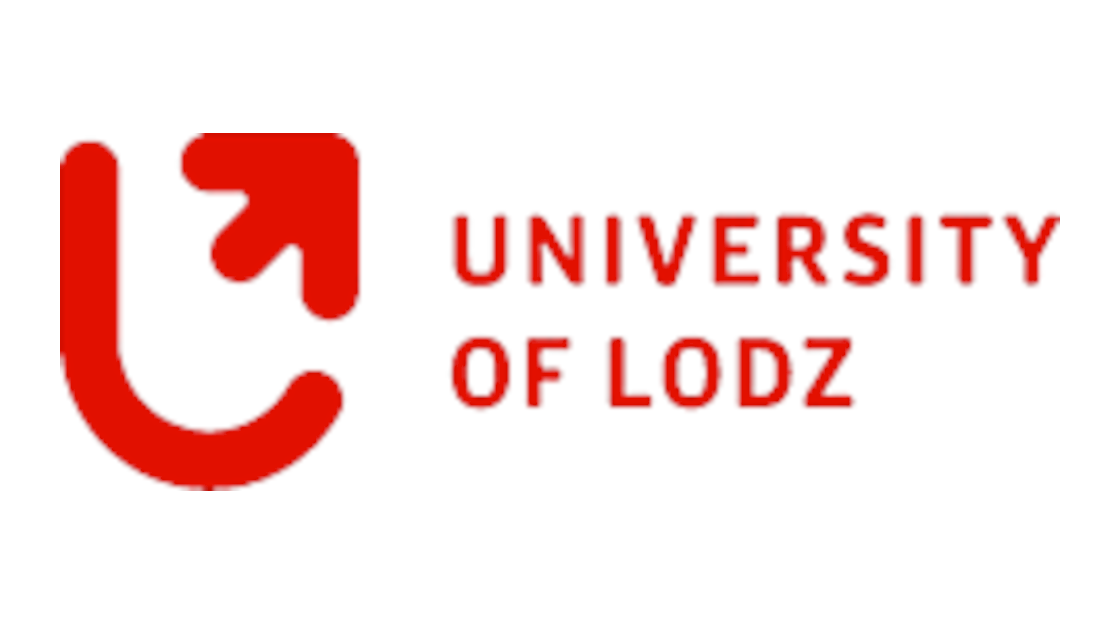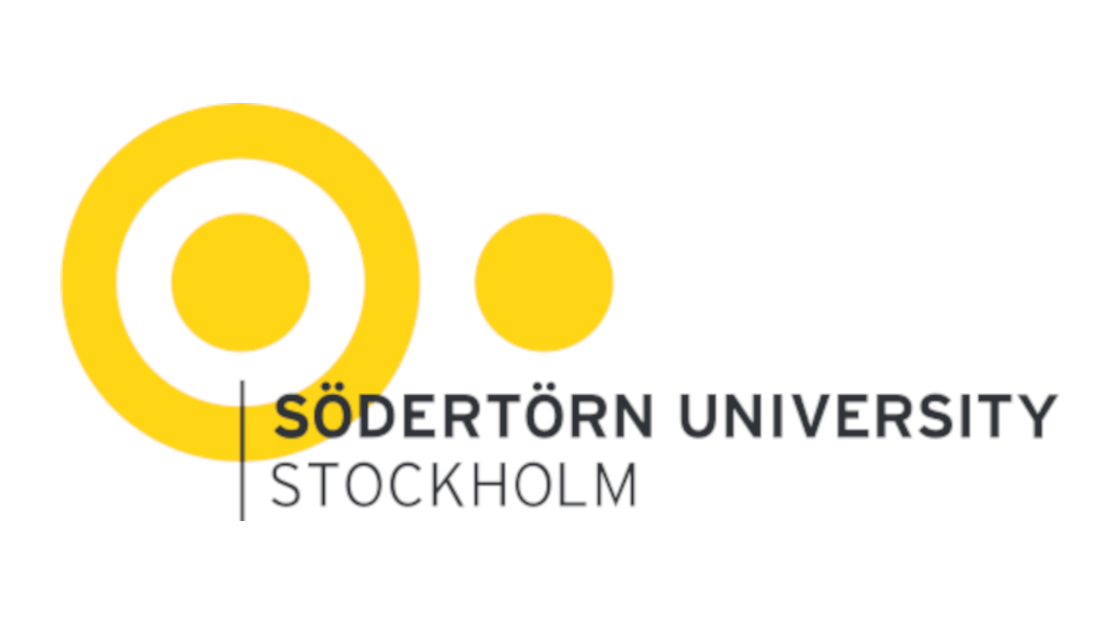07.08.2024 Successful Second Pilot Event Enhances Student Learning in Peacebuilding
SHARINPEACE Project Utilizes Innovative Digital Simulation to Address the Cyprus Conflict

Successful Second Pilot Event "Crisis Intervention Simulation: The Peacebuilding Dilemma" Enhances Student Learning in Peacebuilding
The Erasmus+ project SHARINPEACE recently concluded its second pilot event, “Crisis Intervention Simulation: The Peacebuilding Dilemma,” with great success. Held on July 2nd and 4th, this unique online simulation brought together 25 international students, all aiming to deepen their understanding of peacebuilding and human rights.
The simulation was designed as an international peace conference where participants worked together to negotiate a potential solution to the long-standing Cyprus conflict. Unlike traditional face-to-face simulations, this event utilized WorkAdventure, a video conferencing tool with a distinctive pixel-art aesthetic that created a 2D virtual environment reminiscent of 1980s and 1990s video games. Within this digital world, students navigated their avatars through various scenarios, from formal negotiations to informal hallway discussions and press conferences.
The summer term’s pilot event marked a crucial stage in the SHARINPEACE project, which aims to provide students with a dynamic and immersive online learning experience. Throughout the semester, students from participating universities engaged in diverse teaching methods, preparing them for the culminating simulation. The curriculum included lectures on the complex interplay between peacebuilding and human rights, the impact of international interventions, and the role of media in conflict situations. The Cyprus conflict, with its deep historical and political roots, served as the central case study for the simulation.
During the simulation, students assumed the roles of various stakeholders, including international and national governmental organizations, local civil society groups, non-governmental organizations (NGOs), and a press team. A notable feature of this simulation was the requirement for participants to create their own role profiles. This process involved not only independent research but also interviews with real-life representatives of the organizations they were to portray. The interviews added a layer of authenticity to the learning experience, as students were able to integrate real-world insights into their simulated negotiations.
However, the simulation also highlighted the inherent challenges of peacebuilding. Participants encountered entrenched positions and rigid dynamics that mirrored the difficulties faced in real-world negotiations. The virtual setting allowed for a blend of diverse actors—some of whom might never interact in actual peace talks—leading to realistic tensions and limited opportunities for open dialogue.
The evolving nature of the simulation was also captured by the press team, whose coverage began with fact-based reports but gradually shifted toward more sensationalist journalism, reflecting a trend often observed in real-world media. This shift added another layer of realism to the exercise, prompting participants to consider the influence of media framing on conflict resolution.
A comprehensive debriefing session followed the simulation, offering participants the opportunity to reflect on the critical dynamics and interactions that unfolded during the exercise. An actor mapping activity was utilized to structure this reflection, providing a visual overview of the roles and their interactions. This reflective process transformed the role-play exercise into a meaningful learning experience, equipping students with valuable insights and skills for their future careers.
The “Crisis Intervention Simulation” exemplifies the innovative educational approaches that are being developed within the SHARINPEACE project. By leveraging digital tools and interactive learning methods, the project is preparing the next generation of peacebuilders to navigate the complex realities of international conflict resolution.
The “Simulating Human Rights in Peacebuilding (SHARINPEACE)” project is an Erasmus+ funded initiative that brings together universities across Europe to enhance peacebuilding education through innovative simulation-based learning. The project aims to equip students with the skills and knowledge necessary to address complex global challenges in peace and conflict studies.
Contact
Stéphane Voell
Mail: konflikt@uni-marburg.de
